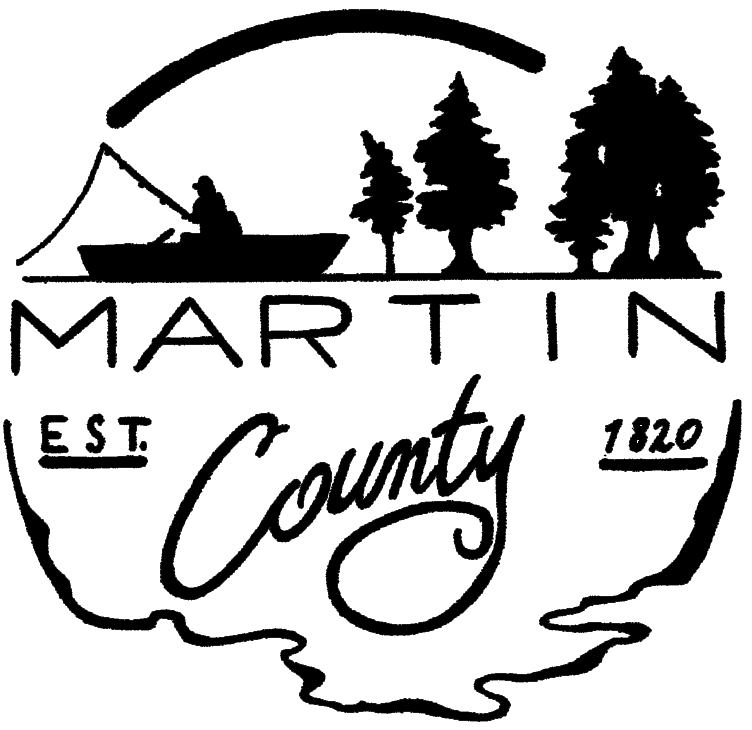Our mission is to provide opportunities for pro-social change through evidence-based practices with the vision of restoration. A community-based corrections program provides an alternative to prison and county jail for offenders. It is also more cost-effective than incarcerating offenders and it gives the offender, who would otherwise go to jail or prison, the opportunity to receive the assistance needed (i.e., substance abuse programs, literacy programs, etc.) to become a productive member of society in his/her own community.
What We Do
- Cost-effective programs: Programs are less expensive than traditional incarceration, saving valuable tax dollars.
- Sentencing options: The judiciary is given several additional sentencing options in which they can better address the rehabilitative needs of the individual offender.
- Case planning: The offender learns to set specific, measurable, attainable, relevant, and time-bound goals based on high-risk areas in his/her life.
- Accountability: The offender learns to be accountable for his/her time, budget, and actions.
- Public safety: Programs provide for intensive supervision and services so the safety of the community is not compromised.
- Prevent: The offender can obtain treatment that will assist in breaking the cycle of criminal activity.
- Family stability: The offender is able to meet his/her family obligations, and the family unit can remain intact.
Forms
Community Service Restitution
Home Detention/Electronic Monitoring
- Eligibility/Intake Interview
- Fee Schedule
- Fee Policy
- Electronic Monitoring - Home Detention Rules and Conditions
- Consent to Search Waiver
- Employment Policy
- Employer Cooperation Agreement
- Emergency Reporting Instructions
- PREA Form
- Weekly Schedule Request
- Verification of Support Group Attendance
- Pre-Trial Release Program Rules and Conditions
- Day Reporting Rules and Conditions
